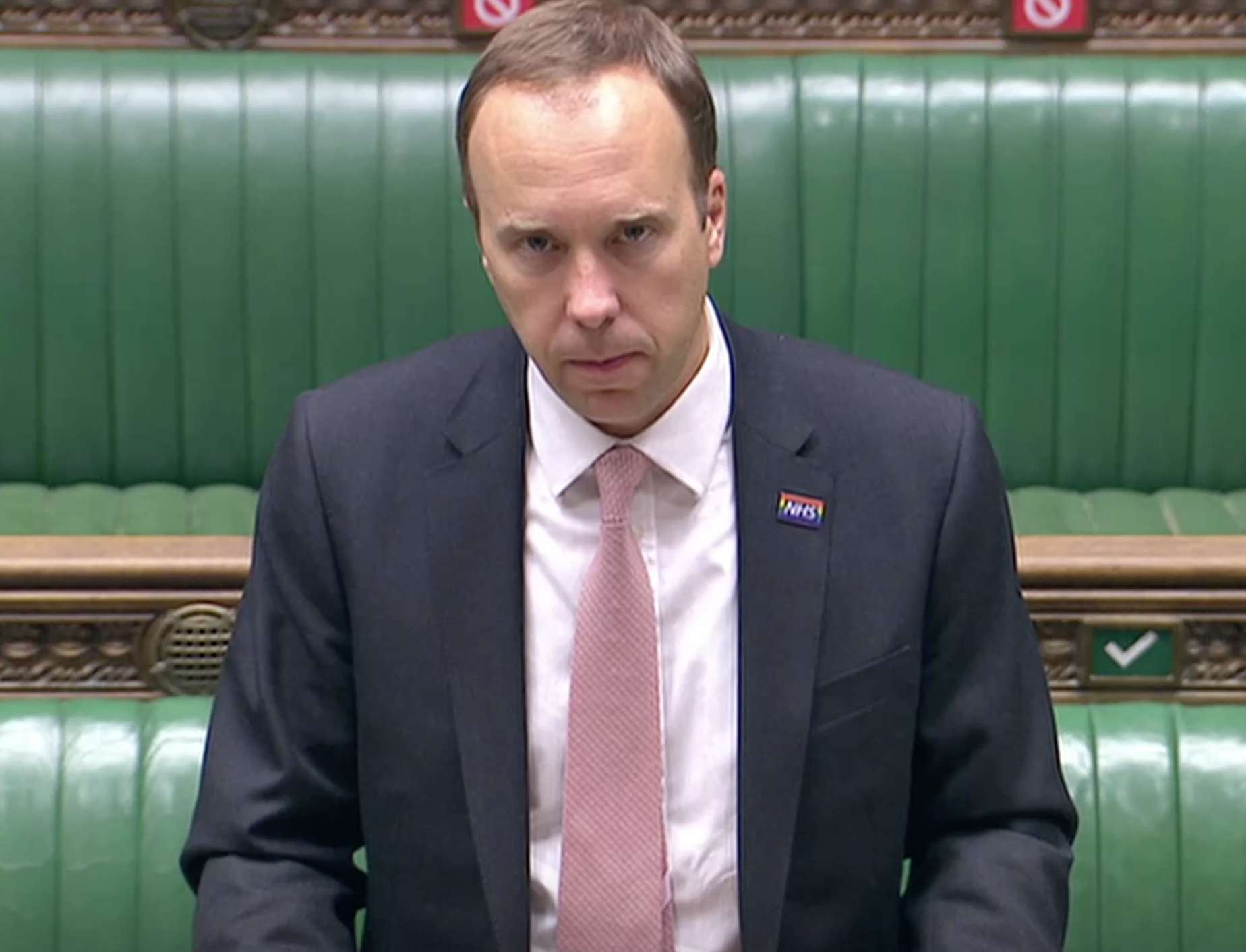The government has had fair warning. It can’t afford to be unprepared for the second wave of coronavirus
Editorial: The economic response to a growing number of ‘local’ lockdowns will be just as crucial this winter as it was in the summer

Even allowing for the increase in the volumes of testing and other statistical effects, the recent rise in the rate of coronavirus infections is a cause for caution, if not alarm. Those whose job it is to analyse trends and advise governments, the nation’s medical officers, all warn that there is every sign of what might be loosely described as a second wave of coronavirus nationally.
Matt Hancock, the health secretary, suggests there are now proven cases of reinfection, perhaps mutations of the original virus or viruses.
Bolton, Leeds and Caerphilly join the increasingly long list of places where the virus is causing renewed concern. So far from the coronavirus being “sent packing” by the end of the summer, as Boris Johnson bullishly predicted back in March, it has, pushing the anthropomorphising a little, hung around, mutated a bit and is ready to launch itself once again into its lethal mission.
So there will be more loved ones taken before their time this winter. Yet the second wave is likely to be substantially different to the first. The main difference is that the death toll will probably be lower.
This time around, for example, infections are much more concentrated among the under-thirties. This is not to apportion blame as such, as is sometimes said. It may be true that younger people go on more sociable holidays and are more tempted to ignore social-distancing protocols; but it is also true that older people are venturing out even less than they used to, conscious of the heightened risks to their health.
If more of the over-fifties are self-isolating, to a greater or lesser extent, the Covid-19 demographics will be skewed even if their children and grandchildren obey all the rules punctiliously. Besides, this time the government is not (it is assumed) pushing older patients out of hospitals and into care homes without being tested.
Mortality rates should also improve with new therapies, using common drugs such as dexamethasone and hydrocortisone to improve outcomes. Hospitals are more used to coronavirus patients now and, again it is to be hoped, better equipped with personal protection, ventilators and other keys to success.
Similarly, local authorities such as Leicester City Council can share what they learnt about taking effective action to control severe outbreaks; and the nation has probably never had cleaner hands in its history, a broad win for hygiene and the broader control of infectious diseases.
Still, Covid-19 is a debilitating disease with effects, it is becoming clear, that can perhaps persist for years after a patient has survived the initial ordeal. For some, it means effective disability and life-changing harm. There is no reason to suppose that it will be magically confined to the twenty-somethings, even if the spread to other age groups is slower than before because of increased awareness, hygiene and social distancing. Inevitably, there will be an increase in hospitalisations and fatalities, albeit growing more slowly and at lower levels than at the previous peaks.
The government is presented anew with the question of balance – trying to keep the economy and normal life going while saving lives and protecting the NHS. For the moment, the extensive local lockdowns, covering millions of people, are working – but at a time when the furlough and other schemes are about to be scaled back and abolished, these people need to be much better supported by financial assistance.
It might be considered too difficult to have to think about, but the government’s economic response to a second national wave or a growing number of “local” lockdowns will be just as crucial this winter as it was in the summer. Put simply, Rishi Sunak, the chancellor, should now be preparing his own second wave of business support, especially for families having to self-isolate with no wages coming in. If not, then the second wave will eventually be almost as disruptive and costly to the economy as the first. The latest trends in the Covid-19 figures have given the Treasury fair warning.



Join our commenting forum
Join thought-provoking conversations, follow other Independent readers and see their replies
0Comments